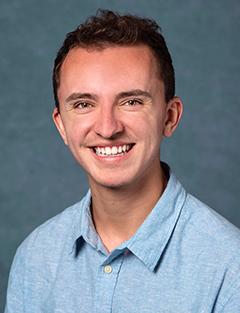
The MBS thesis project was a perfect opportunity to not only gain a more in-depth understanding of scientific research, but also further examine clinical endeavors that I hope to take part in during my own career as a future physician – with my professional interests being within the realms of pediatric care, immunotherapy, and improving healthcare accessibility for underserved patient groups.
